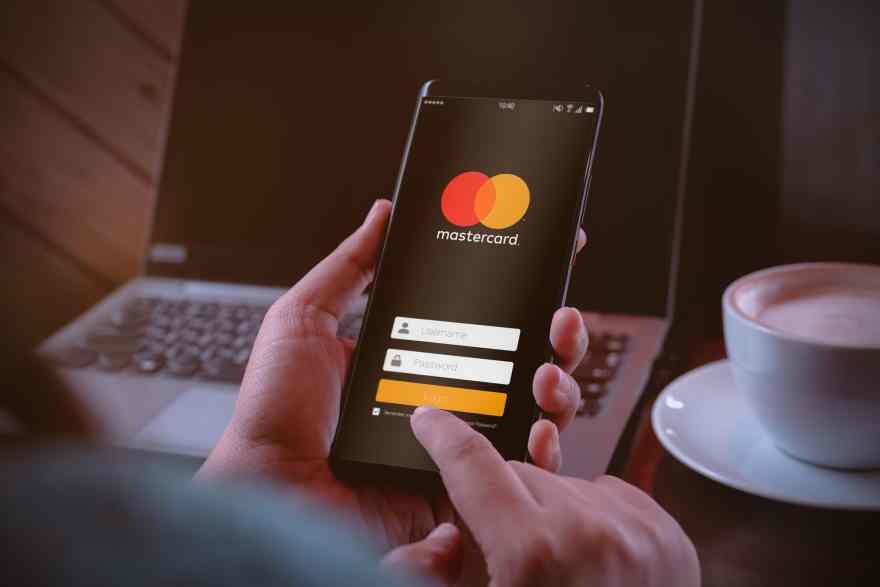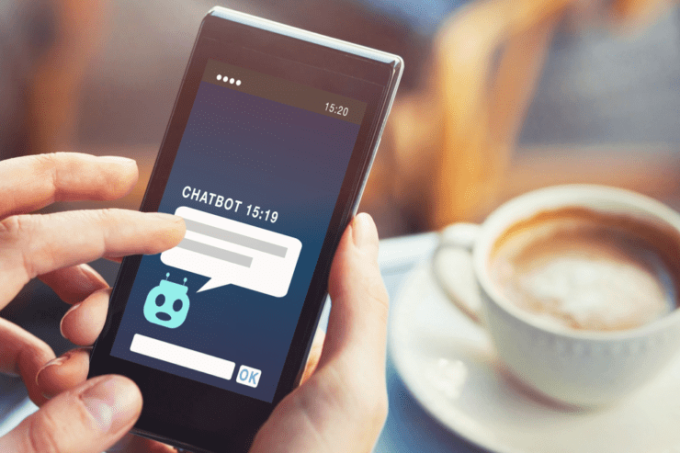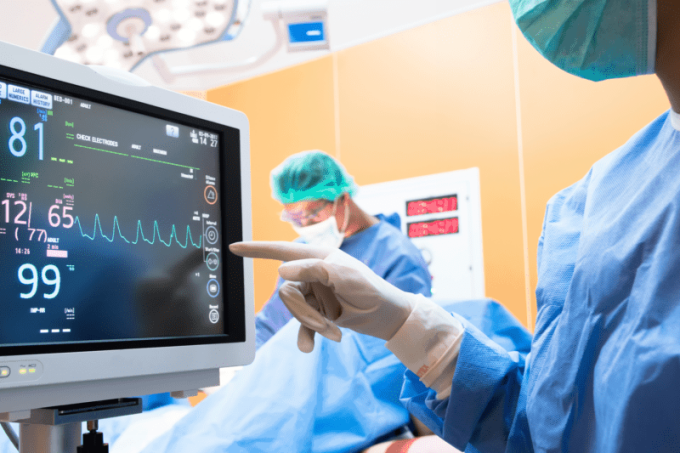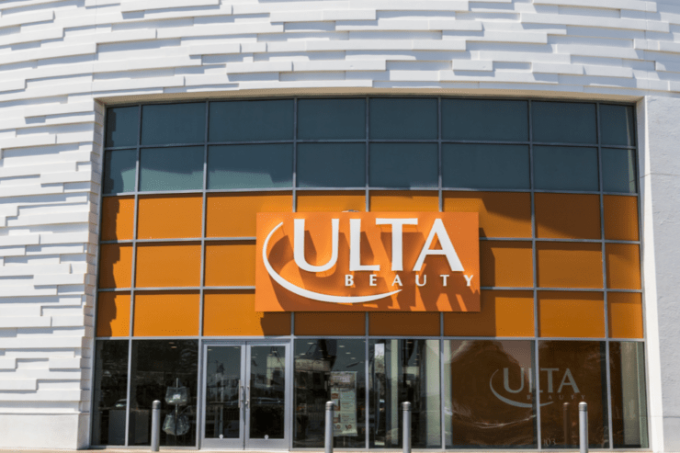Mastercard Inc. has begun to trial a biometric fee system for brick-and-mortar shops, utilizing facial recognition reasonably than contactless playing cards, smartphones or memorable PINs.
The corporate mentioned its Biometric Checkout Program would let a consumer scan their face utilizing a retailer’s smartphone app and assign their likeness to a financial institution card saved on file. The know-how is similar to how Apple Inc.’s iPhone makes use of FaceID to approve funds or unlock a tool.
“When the pandemic occurred, we noticed that everyone went digital and shoppers embraced new applied sciences,” Mastercard Cyber & Intelligence President Ajay Bhalla mentioned in an interview. “Shoppers really everywhere in the world requested us for that for purchasing, for his or her retail experiences.”
Worldwide rollout
A pilot program started this week inside 5 St. Marche supermarkets in Sao Paulo, Brazil, Mastercard mentioned in a press release. The shops will use an app that Brazilian startup Payface developed. It’s one of many small companies Mastercard promotes as a part of its Begin Path engagement program.
On the {hardware} facet, Mastercard is working with corporations together with NEC Corp. and Fujitsu Common Ltd. It has plans to roll out internationally quickly.
“We’ve bought the Center East and Africa lined up, Asia and Latin America,” Nili Klenoff, a senior vice chairman of product innovation at Mastercard, mentioned in an interview. “We’re actually wanting ahead to bringing this answer all over the place.”
She mentioned extra options that may use this know-how are within the works. Age verification for buying restricted retailer gadgets “is one really that we’re starting to discover and one which we’re actually enthusiastic about,” she mentioned.
Facial recognition is only one of many applied sciences that retailers, banks and funds companies trial to remove money and scale back fraud.
Amazon.com Inc. has a system that makes use of in-store cameras to trace what buyers put in a basket. It costs them on exiting its bodily shops in the USA and United Kingdom. It gained curiosity from Britain’s J Sainsbury Plc., which put in it at a trial retailer. Starbucks Corp. has a café in New York utilizing it, too.





